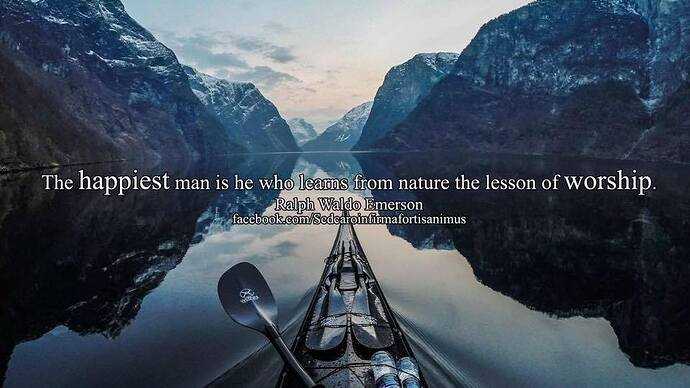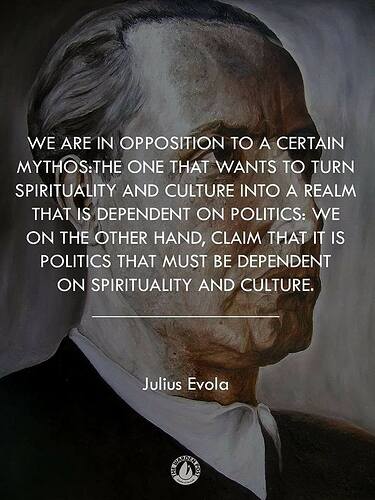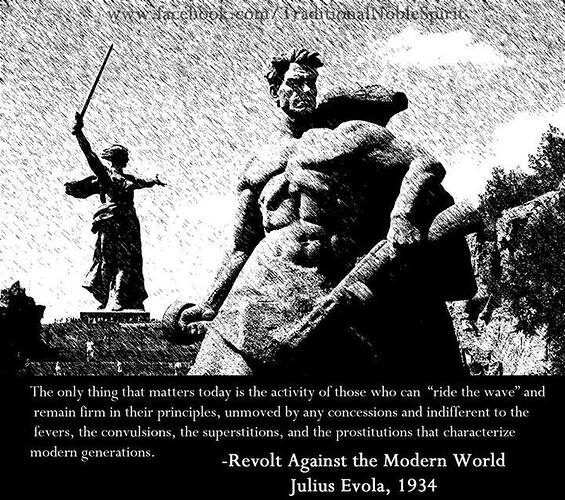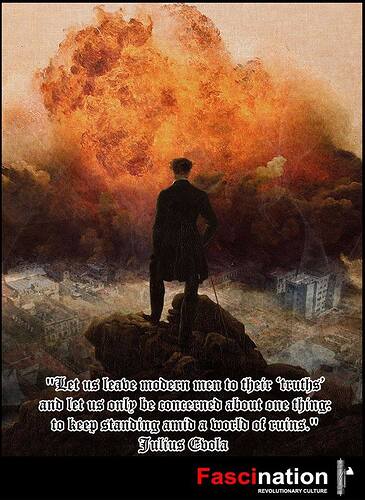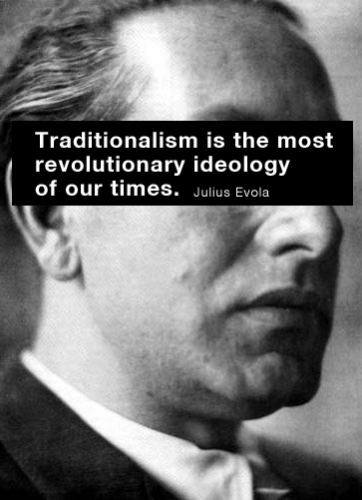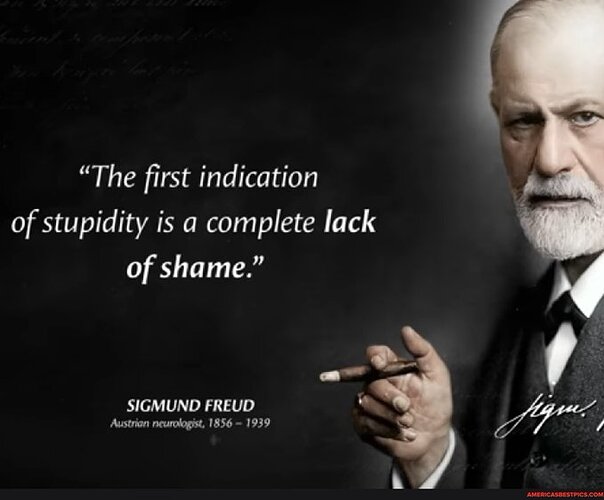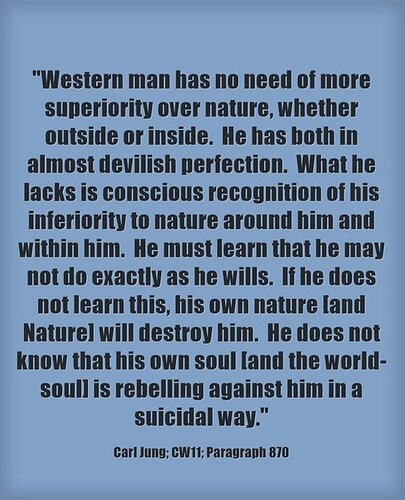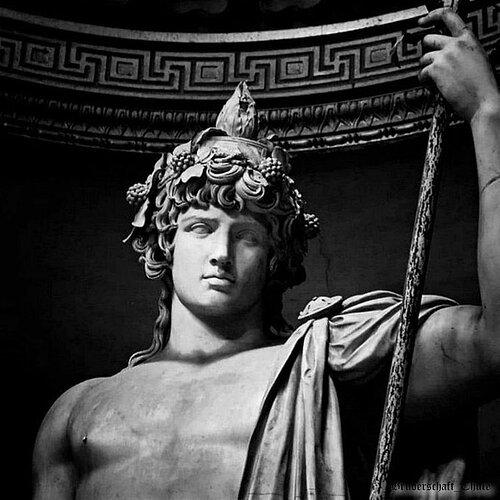ETHICS AND COMMUNITY
Principles of Moral Thought and Action
From the RELIGION LIBRARY site: Paganism
On the other hand, without reference to a particular context and to moral narratives pertaining to one or another set of behaviors aimed at sustaining one or another community standard regarding one or another situation in which conflicting goods might exist, this is basically the equivalent of the Ten Commandments. Thou shalt be truthful, courageous, honorable, etc., to that which the community itself has embraced as the most reasonable and virtuous interactions within the community itself.
Each and every community down through the ages historically and across the globe culturally then able to sustain their own “standards” content in the belief that their own reflects either the One True Path or [at least] the “best of all possible worlds”.
On the other hand…
Though, again, how is that not just like all the rest of us with our own historical, cultural and personal experiences shaping and molding our own existential value judgments. Only with Pagans there is this “spiritual” element. Not linked to a particular God, perhaps, but still something that can be embraced as the equivalent of an “intrinsic self” that basically allows you to rationalize anything that you happen to believe “here and now”. Each Pagan with his or her own “spiritual Self” predicated entirely on his or her own personal experiences with nature itself.
Spiritual and magical efforts. That must have the fossil fuel industry quaking in their boots.
But, again, the most crucial factor being that in whatever way you choose to confront the climate change debate as a Pagan, you are able to intertwine and then embed your own personal agenda into this spiritual Self that enables you to at least be comforted that your efforts are in sync with something that transcends your own infinitesimally insignificant existence. You are part of an overarching “soulful” Reality that for some puts them “at one” with the universe – the Goddess! – itself.
Thus, from my frame of mind, it always revolves basically around what you are able to “think up” that least disturbs you about the, at times, grim realities of world that we live in.
